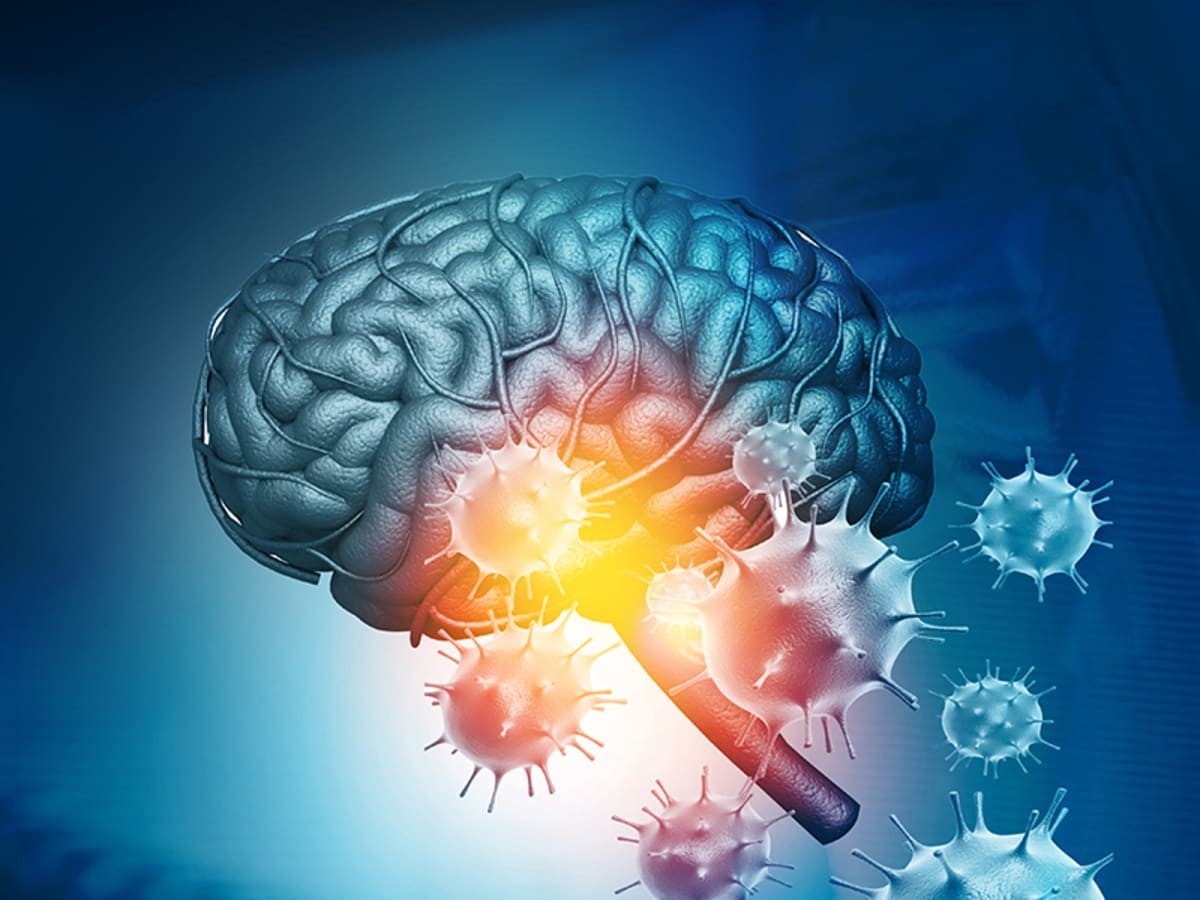Vascular neurological complications in patients with COVID-19

The article considers modern views on the development and course of coronavirus infection COVID-19. Particular attention is paid to vascular neurological complications. Edaravone and citicoline with electrolytes were used to optimize the treatment of cerebrovascular complications in patients with concomitant COVID-19. Clinical and paraclinical data of 34 patients were analyzed. As a result, it is proved that this combination of drugs significantly increases the therapeutic efficacy of the basic treatment regimens of this group of patients and can be recommended for widespread use in medical practice.
Key words: coronavirus infection COVID-19, ischemic stroke, edaravone, citicoline.
